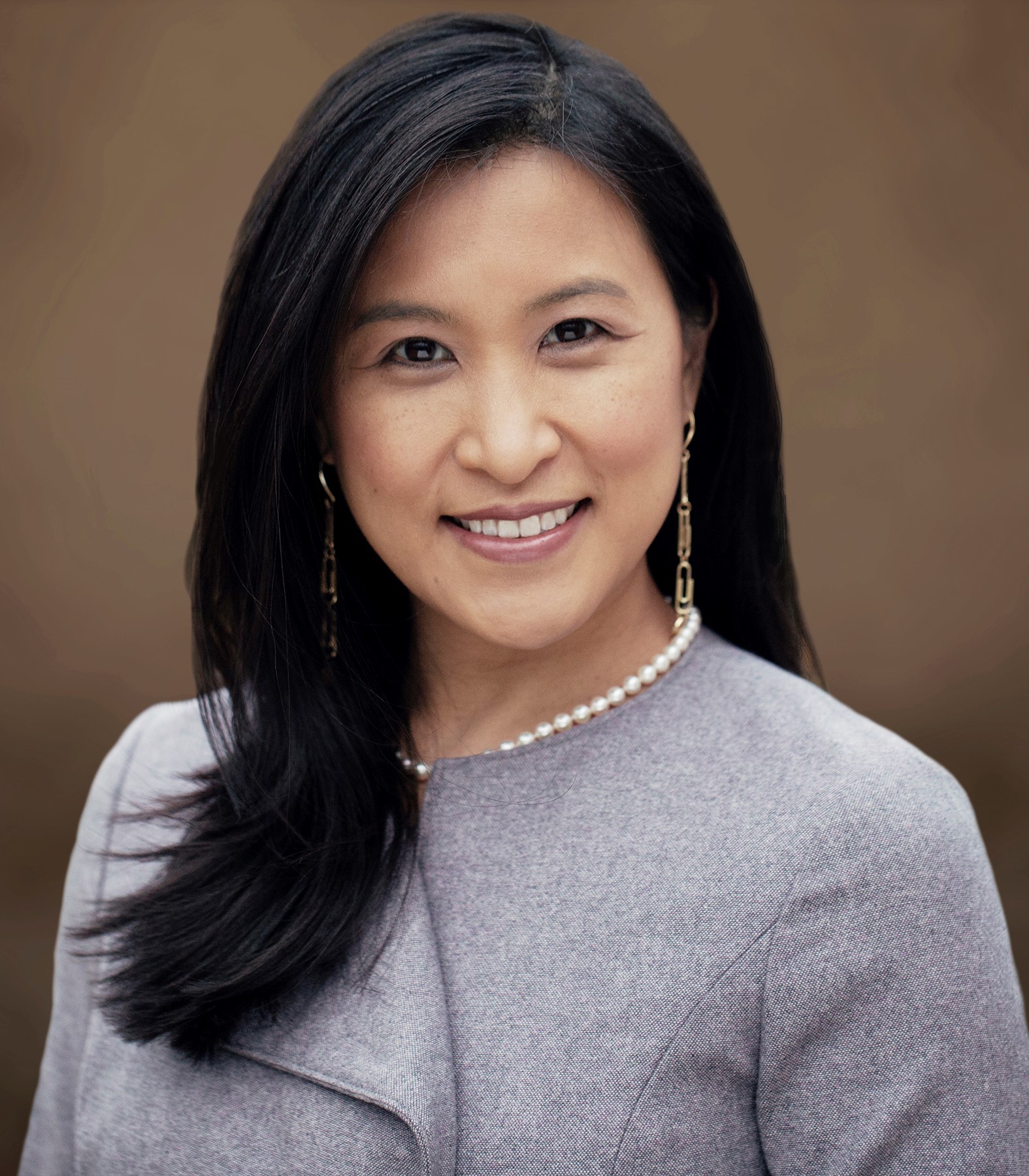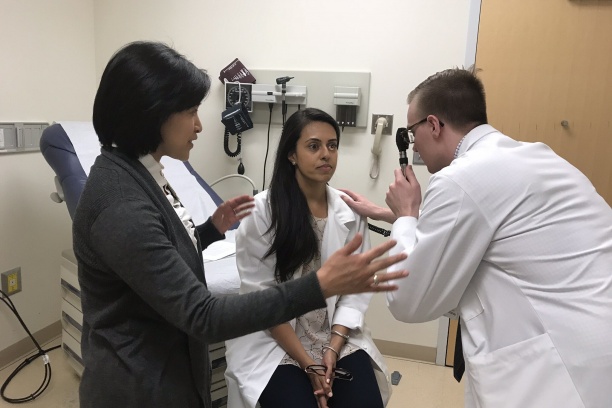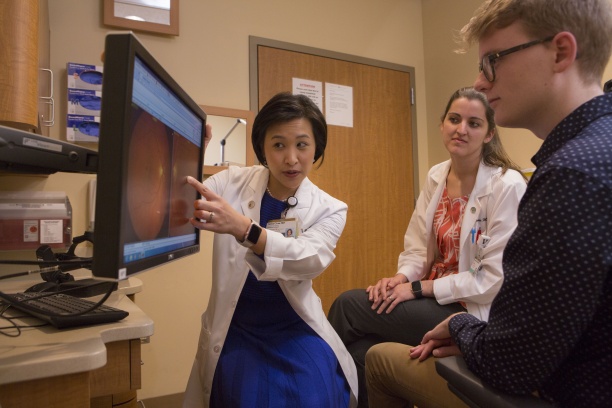
Across the country, Ophthalmology is becoming more difficult to get exposure to in medical school because the field of medicine has grown so quickly and there's so much to learn in such little time. Required time in subspecialties like ophthalmology has become challenging to fit into a robust curriculum. This leaves students a little bit on their own to search out and find out the best fit for their careers. Those who discover Ophthalmology will find it to be an incredibly enriching profession.
Ophthalmology is a field where you have complex decision making every day. We take care of patients from birth to death and perform amazing microsurgery. We use state of the art imaging and technology and are at the forefront of technology advancement using artificial intelligence, deep learning, and tele-health to care not only for patients within our community but also across the globe.
It is a true privilege to care for patients at their most vulnerable state when their sight has become threatened - without sight, the way they interact with the world is forever changed. With our sight-saving surgeries, medical treatments, and procedures, we have some of the most grateful patients. As ophthalmologists we can have a profound impact on day to day life, preventing blindness and restoring quality of life and independence. Additionally, operating inside the eye is like being in another universe. There is nothing quite like looking deep into the organ that provides sight.
At Vanderbilt Eye Institute, we offer various educational programs for medical students interested in witnessing a day-in-the-life of an ophthalmologist while learning more about ophthalmic conditions and treatments. Because the clinical field of ophthalmology overlaps with essentially every specialty, we feel that all medical students should gain exposure to ophthalmic emergencies and routine eye care to best serve their future patients no matter what field of medicine they choose. Many systemic diseases present in the eye and can even be first diagnosed by an ophthalmologist. A few examples include multiple sclerosis, endocarditis, lymphoma, syphilis, diabetes, hyperthyroidism, HIV, carotid occlusive disease, hypercholesterolemia, lupus, sickle cell disease, neurofibromatosis, and sleep apnea to name a few. Enroll in an elective and learn even more systemic associations and findings in the eye!
- VUSM 1 students, feel free to ‘drop in’ to observe surgery or clinic! Email Jennifer Roberts for drop-in options at Vanderbilt Eye Institute or at the Veterans Affairs Eye Clinic.
- VUSM 2 students, join us for a 2-week elective (OPH5320) or a 2-week subspecialty experience during General surgery core clerkship. Both will give you clinical and surgical experience.
- VUSM 3 or VUSM 4 students, explore Ophthalmology through Careers in Medicine or spend 4 weeks on Advanced Clinical Elective I or Advanced Clinical Elective II.
As a visiting student, get more information on what’s needed to secure an away rotation slot in the months of June, July, August, or September.
Vanderbilt Eye Institute will offer a needs-based scholarship to a visiting student. Please use this link to apply for the $1500 scholarship. Scholarship applications will not be complete if it is not accompanied by a VSLO application.
Spending time with us at Vanderbilt Eye Institute and at the VA Eye clinic will give students an opportunity to learn about the healthy eye, the diseased eye, and the social impact on a person’s life. Please reach out to me for an opportunity to “see” what it’s all about!
Dr. Janice Law
Vice Chair for Education
Director of Medical Student Education
Vanderbilt Eye Institute
2311 Pierce Avenue
Vanderbilt University Medical Center
Nashville, TN 37232-8808
(615) 936-2100
janice.law@vumc.org

